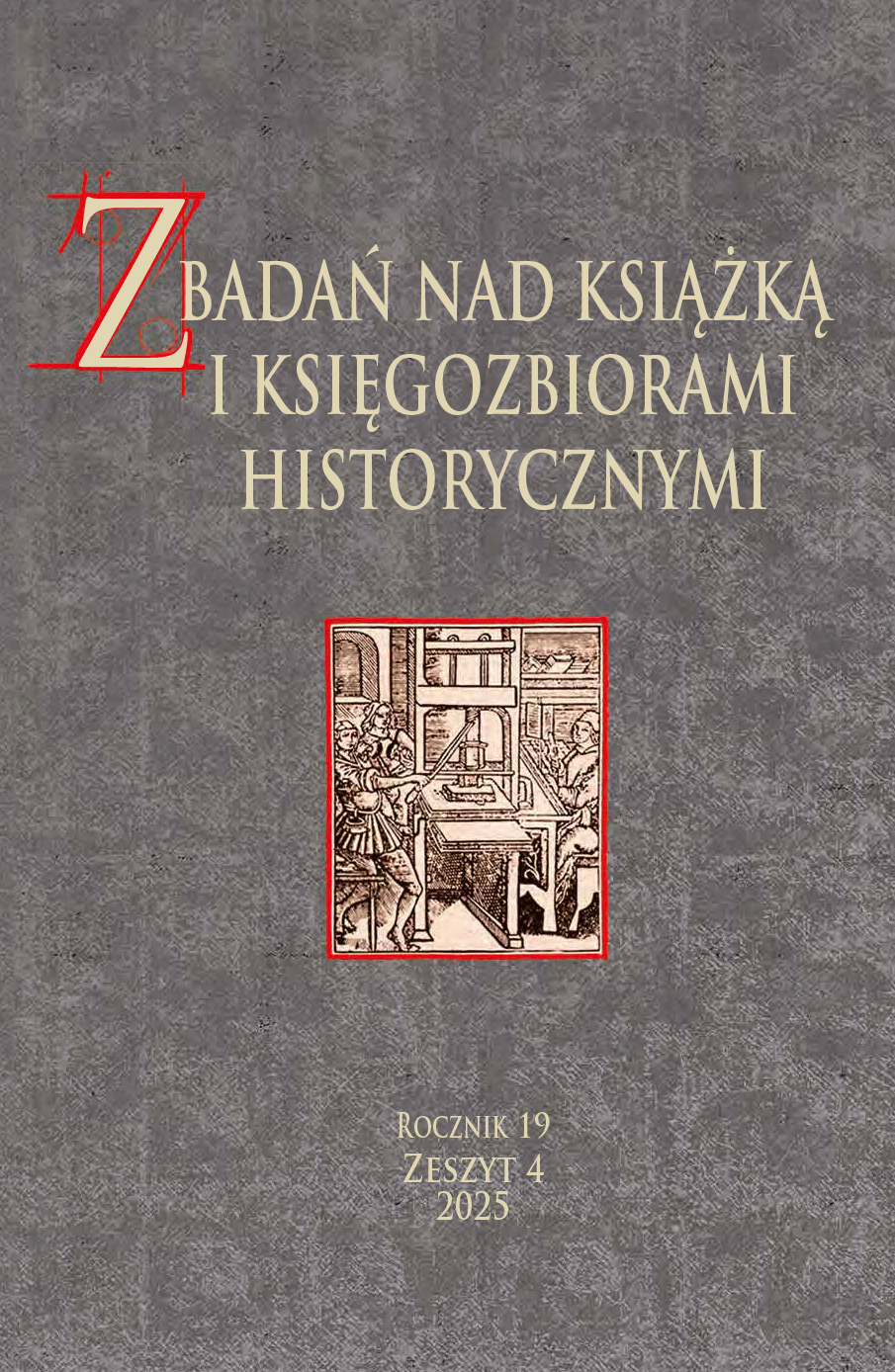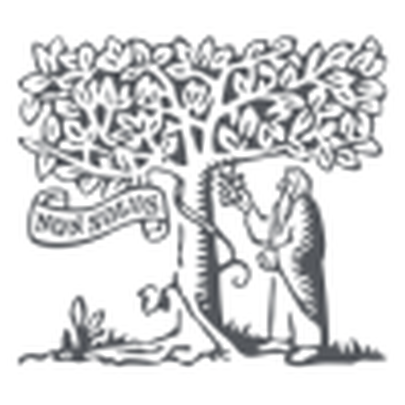Printed with approbation
DOI:
https://doi.org/10.33077/uw.25448730.zbkh.2016.110Keywords:
Council of Trent, preventive censorship, repressive censorship, Jakub Wujek, Piotr SkargaAbstract
The article indicates phenomenon of existence on some 16th century prints (and later ones, very commonly) stereotypical formula which confi rmed, that they were published with approbation of adequate authorities described as „elders” or „superiors”. Discussed phenomenon was connected with preventive censorship, specifi cally with infl uence of decisions of Council of Trent on books. 8th of April 1546, on the fourth session of the fi rst phase of Council of Trent referring to decisions of the earlier Council of Lateran (4th of May 1515) there were defi ned the rules printers should had obey. It was ordered that author’s name and name of the printing shop should be explicitly shown on the title page. Printing and selling books without examination by and approval of the bishop was forbidden under the punishment of anathema and fi ne, in a case of books written by monks additional approval by their superiors was obligatory. In Poland in the prints confi rming examining the book and indicating they did not contain any content against the faith (sometimes also against good habits) there appeared shortened formula Cum licentia Superiorum, Facultate Superiorum, Superiorum Permissu (with approbation or acceptance of the Elders). The process of even formal introduction of the Council (ended in December 1563) Acts’ went on very slowly. The King received the Book of Council Acts from nuncio on 7th of August 1564. In the period 1564-1568 the Trident Council’s decisions were introduced in three dioceses. The formula Cum Facultate Superiorum appeared in the year 1576 r. on the (fi rst!) book by Piotr Skarga, which was also the fi rst book produced in the newly established printing shop in Vilnius. These words could be also found in the foreign editions of books written by Poles (e,g. Stanisław Reszka, 1574). Usage of this formula gradually grew, specifi cally within the Jesuits prints, however it is still absent from many of their books, including majority Skarga’s works. This formula might be found in frequently re-printed Skarga’s „Sermons” and „Lives of the Saints”.






